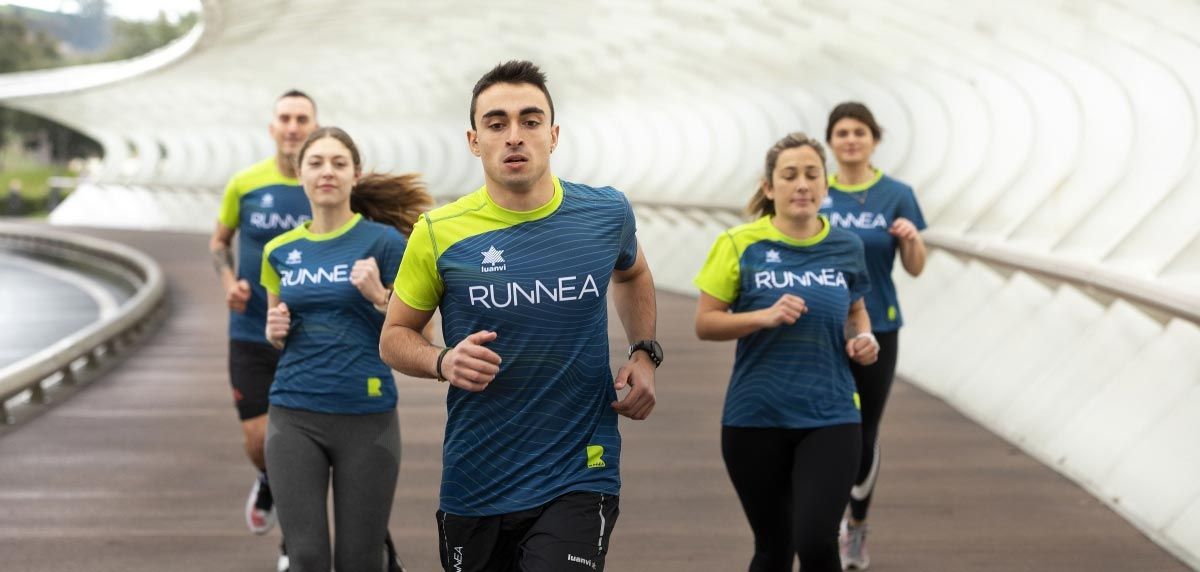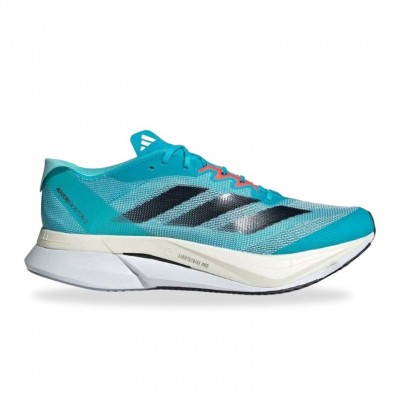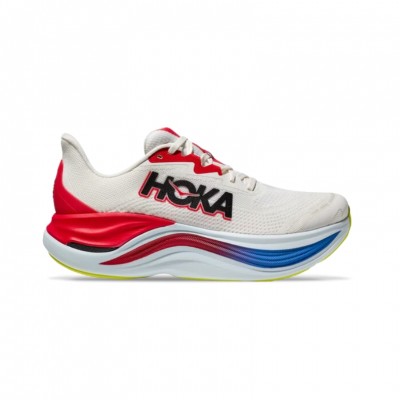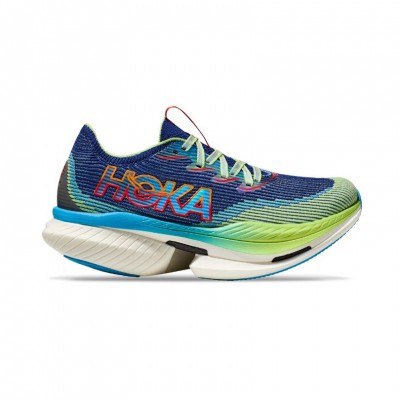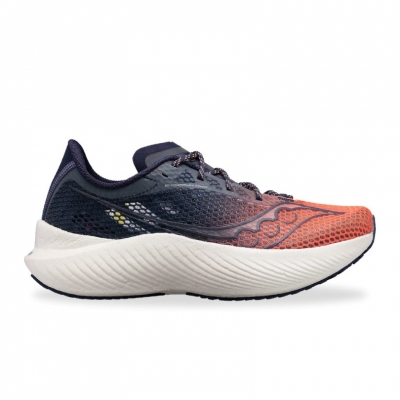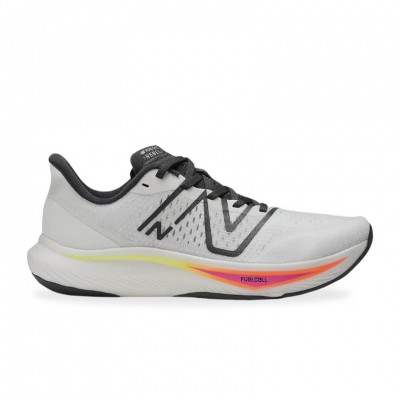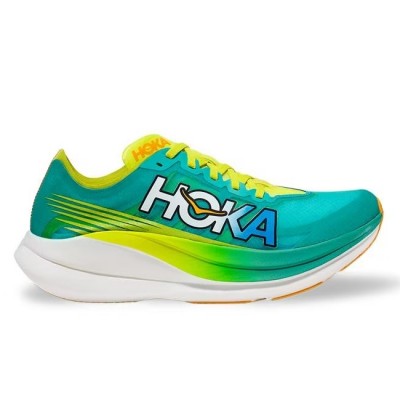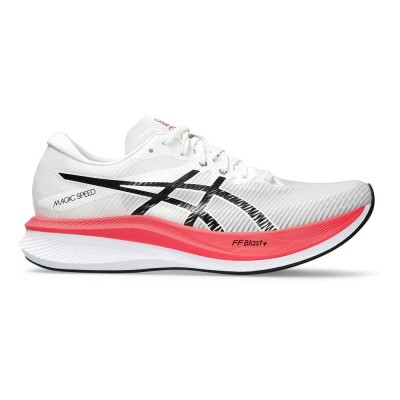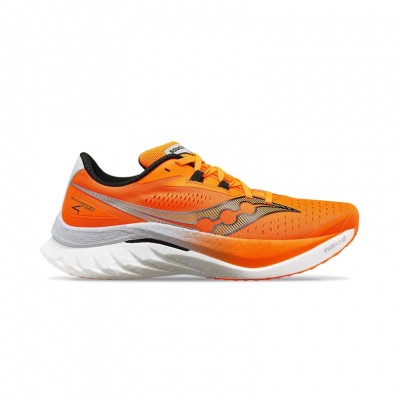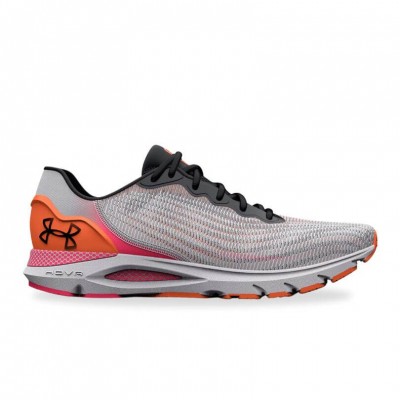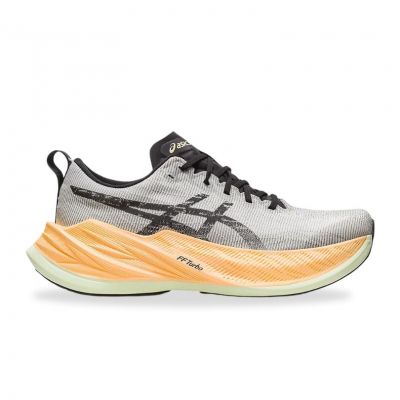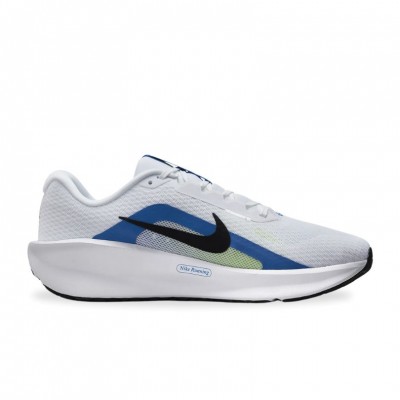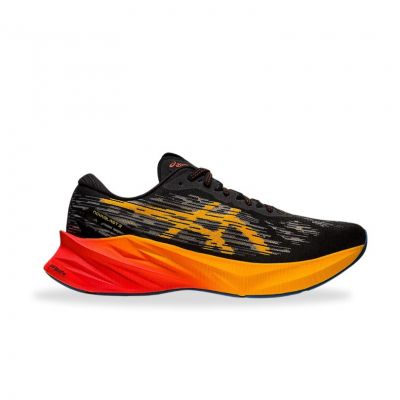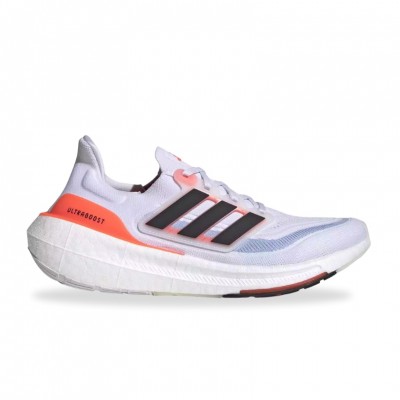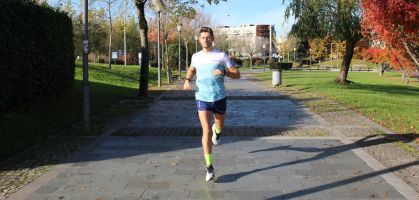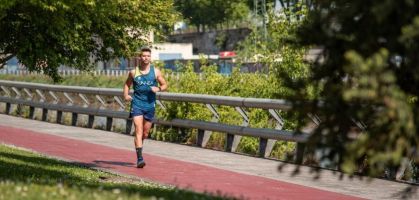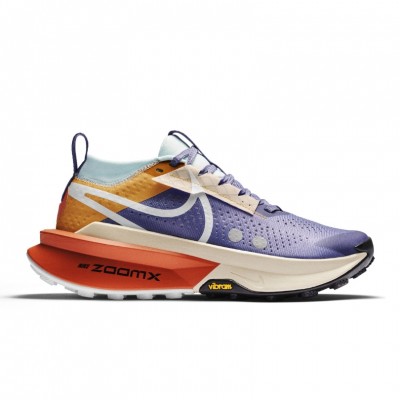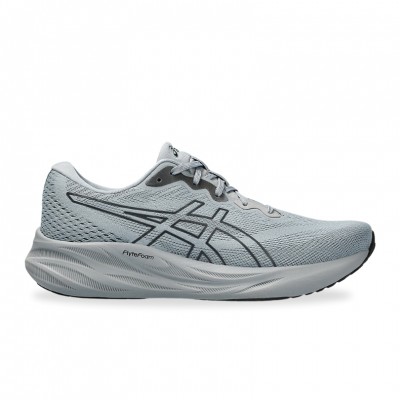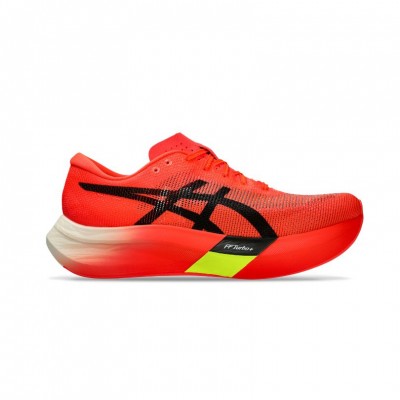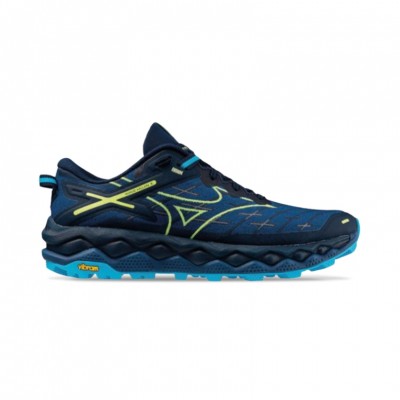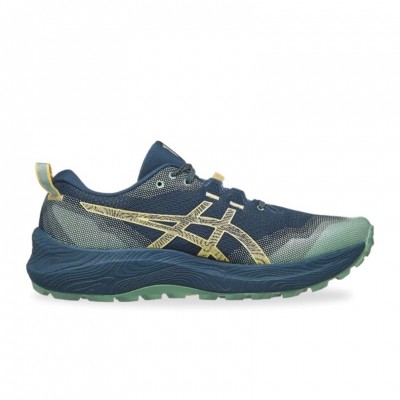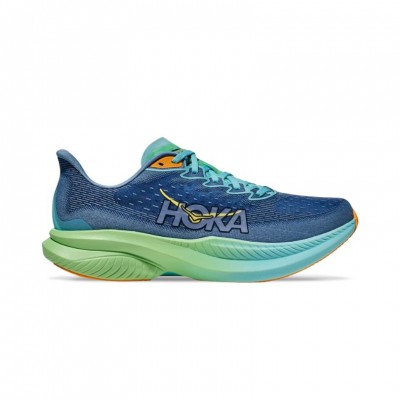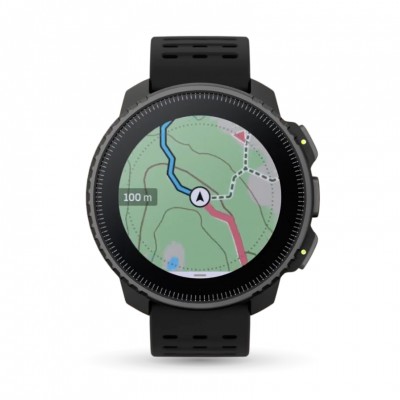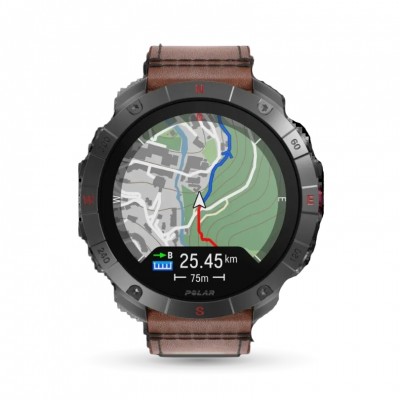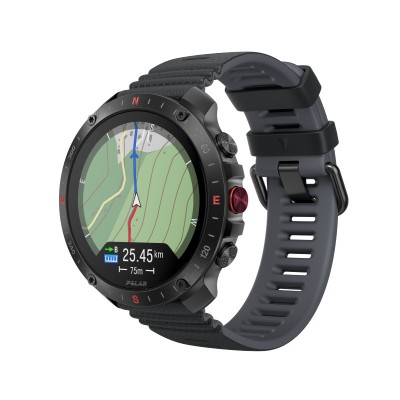One of the most frequent questions that come to RUNNEA when we talk about running training, has to do with the time needed to prepare for a particular distance. If we talk about road races, it is not the same to prepare a 10k than a half, and of course it is not the same to prepare a half than a marathon. We are going to try to help you understand what timeframes are necessary, always considering the starting point of each person. And there lies the key, to know, understand and assume the state from which we start. This is the only way we will be able to approach the intended retouching successfully.
Preparation for a 10K
The starting point for a popular runner preparing for a 10K varies considerably, even if the distance does not seem too demanding. A study published in the Journal of Sports Science & Medicine suggests that beginning runners should first focus on developing a base of aerobic endurance before increasing the intensity and volume of training.
For a beginner, being able to run without stopping for 30 minutes is a key indicator of readiness to begin a 10K training program.
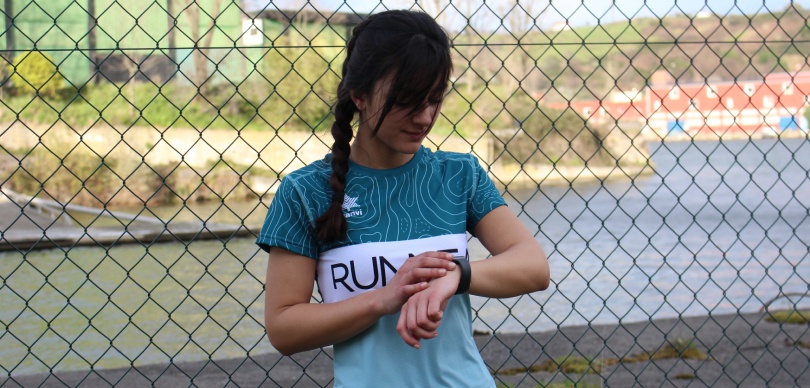
Basic training plan
Optimal preparation for a 10K can last anywhere from 8 to 12 weeks, but this time frame can be adjusted depending on the athlete's level of experience. According to a study by the American College of Sports Medicine, a balanced plan should include a mix of aerobic endurance training, speed and interval sessions, as well as supplemental strength training to improve running economy and muscular endurance. This could be structured between 3 sessions per week, varying in intensity and distance.
Shoes Suitable for a 10K
The choice of running shoes is key in preparing for a 10K. An article in the British Journal of Sports Medicine highlights the importance of selecting shoes that offer the right balance of cushioning and support, adapting to the runner's individual biomechanics. For a 10K, the ideal shoes are those that provide good responsiveness and flexibility, thus improving running efficiency. At RUNNEA we can help you find the shoe that best suits your physical conditions and your budget.
Not sure which running shoe to choose?
In a few simple steps we help you to choose the ideal running shoe for you
Go to the Shoe FinderRest and recovery
The importance of rest and recovery is often underestimated in training plans. Research indicates that adequate rest is crucial to avoid overtraining and injury, and to facilitate physiological adaptations to training. Including active or complete rest days is essential for optimal preparation.
Nutrition and hydration
Proper nutrition is critical to performance in a 10K. According to a study in "Sports Medicine," a diet rich in complex carbohydrates, high-quality protein and unsaturated fats, along with optimal hydration, can significantly improve performance and recovery during training.
The importance of the mind
The scientific basis behind every aspect of preparing for a 10K underscores the need for a holistic approach that considers both the physical and mental state of the runner. The hardest part of getting into running, for example, is not the stiffness the day after the first workout, but the mental capacity to understand that in order to achieve a goal we will have to endure some suffering. Believe me, once you get through that first week of training, everything becomes easier.
Preparing for a half marathon
The transition from shorter races like a 10k to a half marathon is a significant step that requires a meticulous approach to advanced training, specialized nutrition strategies and proper choice of equipment, particularly shoes. And at RUNNEA we always recommend you to have gone through3 10km events before tackling the half marathon.
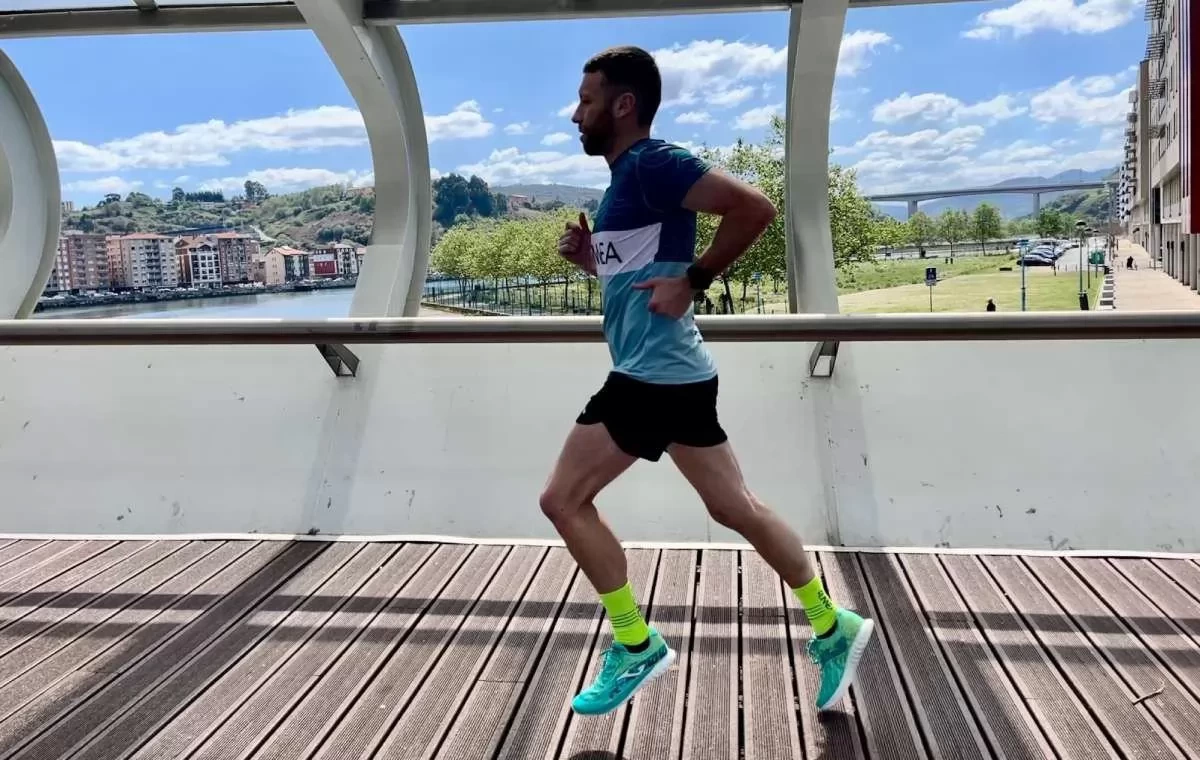
Initial fitness assessment
To tackle a half marathon, it is crucial to have a solid base in distance and endurance. A thorough assessment includes reviewing your previous race times, your ability to maintain a steady pace over longer distances, and your experience in managing physical and mental fatigue during prolonged runs. Popular runners who have already completed 10K races (2 or 3 as a minimum) and have maintained regular training have a stronger base from which to begin a half marathon-specific program.
Specific Training Plan
A half marathon training plan extends beyond simply increasing the weekly race distance. It should incorporate a strategic combination of long distance workouts, speed and interval sessions, and strength and flexibility exercises. A crucial aspect is training periodization: loading and recovery cycles that optimize progressive performance gains while minimizing the risk of overtraining and injury. According to studies in endurance sports, incorporating anaerobic threshold training and half marathon-specific tempo running sessions are key to improving efficiency and aerobic capacity.
Time needed to prepare for a half marathon
Preparation time for a half marathon depends on several factors, including level of previous running experience, current fitness level and personal goals. For beginning runners with a moderate running base, a typical training plan for a half marathon can stretch from 12 to 16 weeks. This time frame allows for proper progression in distance and intensity, while reducing the risk of injury and overtraining.
For more experienced runners or those with a solid foundation in shorter distances, such as 10K, the preparation time may be slightly less. However, even for advanced runners, a minimum of 10 to 12 weeks of specific training is recommended to ensure adequate adaptation to the increased volume and physical demands of running.
It is important to note that the quality of training is as important as its duration. A plan that integrates variety in the types of training, including long runs, speed and interval training, and strength training, is essential for successful preparation and for achieving running goals.
running shoes suitable for half marathons
shoes for a half marathon should be selected with attention to distance and individual running style. A biomechanical analysis can be helpful in determining the type of support and cushioning needed. RUNNEA recommends looking for a shoe with the right combination of support, cushioning and responsiveness can improve running efficiency and reduce the risk of injury.
Not sure which running shoe to choose?
In a few simple steps we help you to choose the ideal running shoe for you
Go to the Shoe FinderNutrition and hydration
Nutrition for a half marathon goes beyond carbohydrates and hydration. It involves detailed planning that includes pre-race carbohydrate loading, nutrition strategies during training to improve endurance, and a focus on micronutrients and post-race recovery. Hydration, both in terms of volume and electrolytes, becomes critical, especially in long training and on race day.
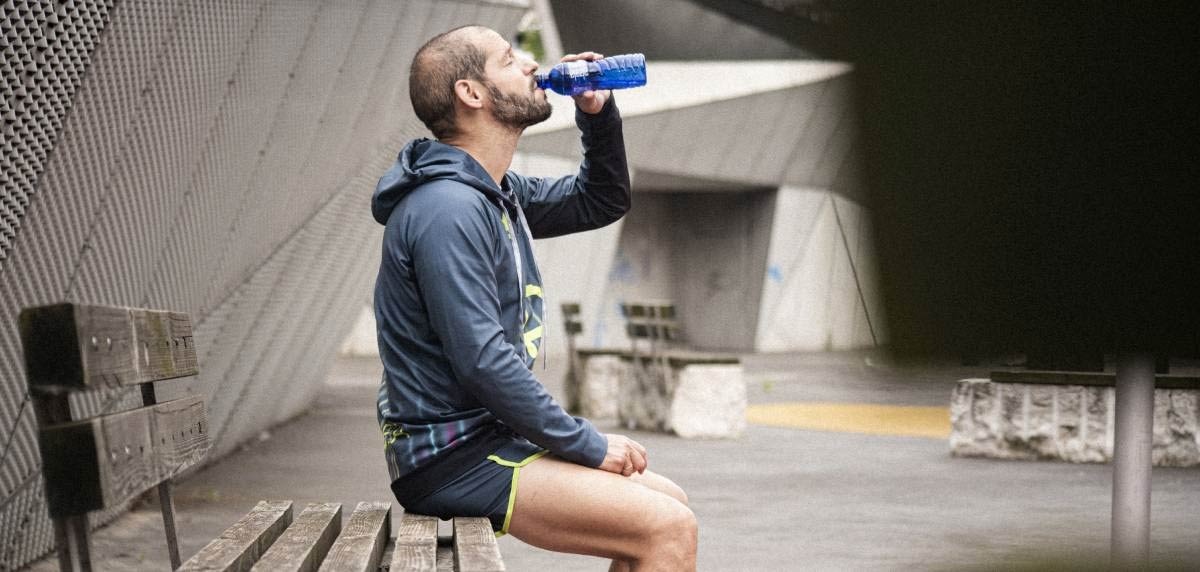
Preparing for a marathon
Preparing for a marathon certainly requires a more detailed approach as we are facing a major physical challenge but also a metal one. We will need to incorporate some running of more than 30 km to prepare the body to the demands of the full distance. These long runs are crucial to improve endurance and teach the body to use energy reserves efficiently. In addition, we will include sessions of sets, hills and changes of pace that help improve running economy and aerobic capacity. And on top of all that, strength, nutrition and rest are critical.
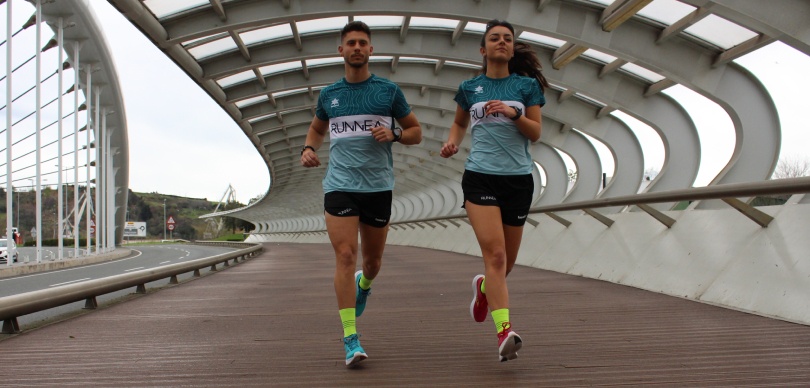
Progressive Long Distance Training: Gradual incorporation of runs longer than 30 km is vital. These workouts must be carefully planned to increase endurance without overtaxing the body. It is crucial to vary the pace during these long runs to simulate race conditions and improve the body's adaptability.
Speed Sessions and Interval Training: These workouts should focus on improving aerobic capacity and speed. Interval sessions should include high-intensity repetitions followed by recovery periods, while speed sessions should focus on maintaining a faster pace for longer periods.
Lactic Threshold Workouts: Incorporating sessions focused on running at the lactic threshold improves the body's ability to handle lactic acid. This is critical to maintaining a strong pace during the marathon without fatiguing too early.
Race Simulations: Performing workouts that simulate marathon conditions, including timing, nutrition and equipment, helps prepare both physically and mentally for race day.
Time needed to prepare for a marathon
The time to prepare for a marathon varies considerably depending on the type of runner:
Beginners or first marathon: for those running their first marathon or still developing their endurance and running technique, a training period of at least 24 to 30 weeks is recommended. This extended time allows for a gradual progression in distance and effort, which is crucial to avoid injury and build a solid foundation of endurance.
Intermediate runners: Runners who already have experience in long-distance running or have completed several half marathons can opt for an 18- to 24-week training program. This time allows them to work on specific aspects such as speed, endurance and running tactics.
Advanced runners with time goals: For experienced runners looking to improve their personal best, a 16- to 20-week plan may be sufficient. These runners already have a foundation of endurance and marathon experience, so their focus can be on fine-tuning their performance and running strategies.
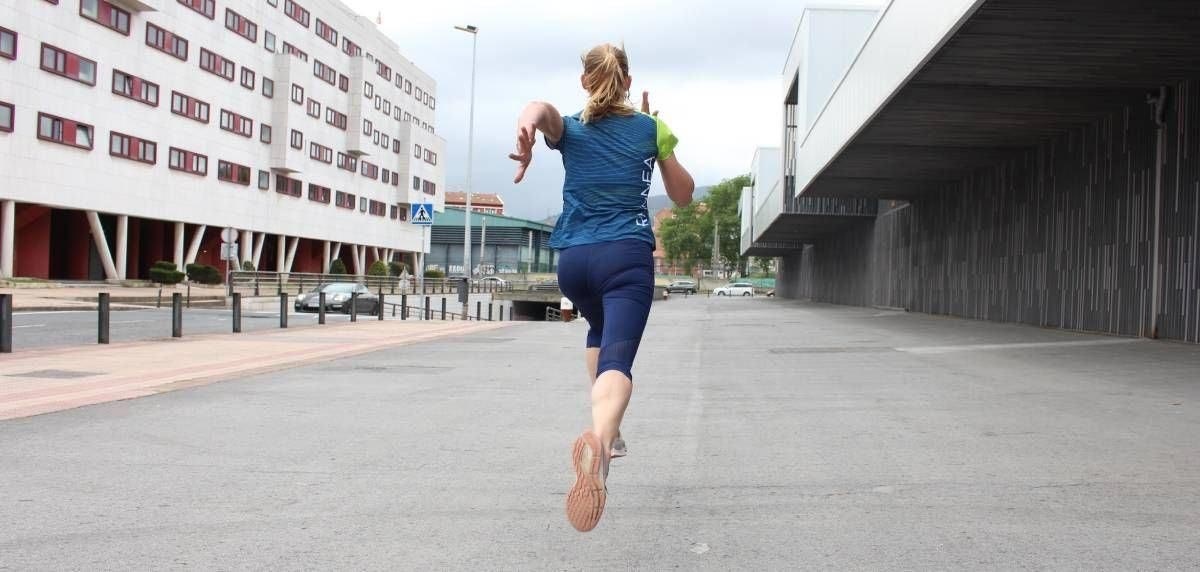
Periodization and tapering
A crucial aspect is the periodization of training, where high load phases alternate with recovery periods. The final weeks before the marathon should include tapering, reducing the volume of training to allow the body to recover and be at its optimum on race day.
Choosing marathon running shoes
The choice of running shoes for a marathon should be a carefully considered decision, adapted to the level and objectives of the runner:
For beginners or first marathon: prioritize comfort, support and cushioning. Look for shoes that provide stability and protection, especially if your main goal is to complete the distance in comfort and safety. Shoes with good cushioning help reduce the impact on joints and muscles during long hours of running.
For experienced runners with personal best goals: If you are experienced and looking to improve your personal best, consider shoes with more advanced technologies such as carbon plates, which offer greater responsiveness and running efficiency. However, don't sacrifice cushioning and support. A shoe that combines both features can be ideal, offering speed without compromising protection and comfort.
Not sure which running shoe to choose?
In a few simple steps we help you to choose the ideal running shoe for you
Go to the Shoe FinderNutrition
The marathon nutrition strategy goes beyond carbohydrates and hydration. It should include detailed planning for carbohydrate loading in the weeks leading up to the race and a nutrition strategy during training that supports long duration sessions. In addition, sports supplementation may be recommended if advised by your coach or nutritionist.
Recovery and injury prevention
Incorporating active rest days and recovery techniques such as foam rolling, massage and stretching is essential. In addition, injury prevention should be a priority, including specific strength training and attention to the body's signals.
Read more news about: Running Training
